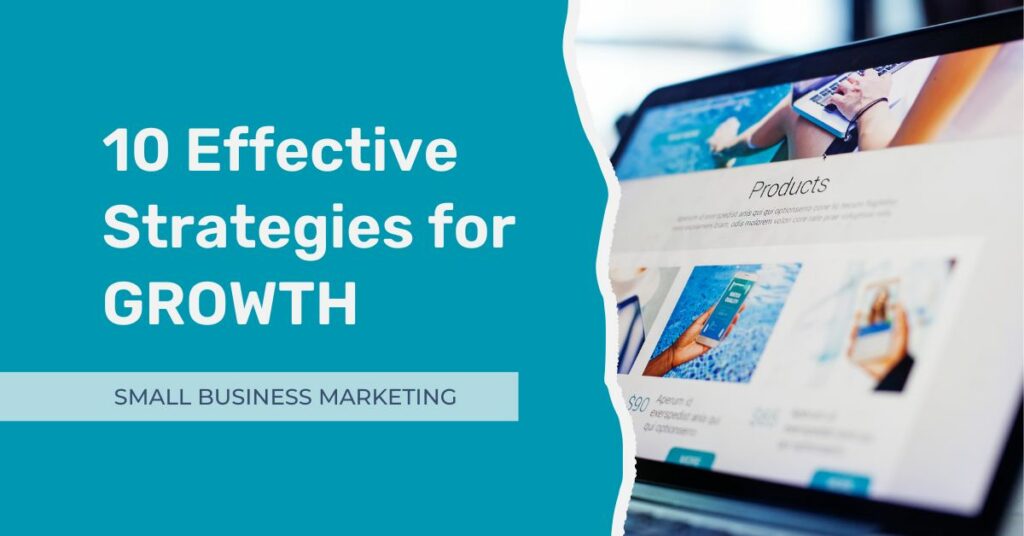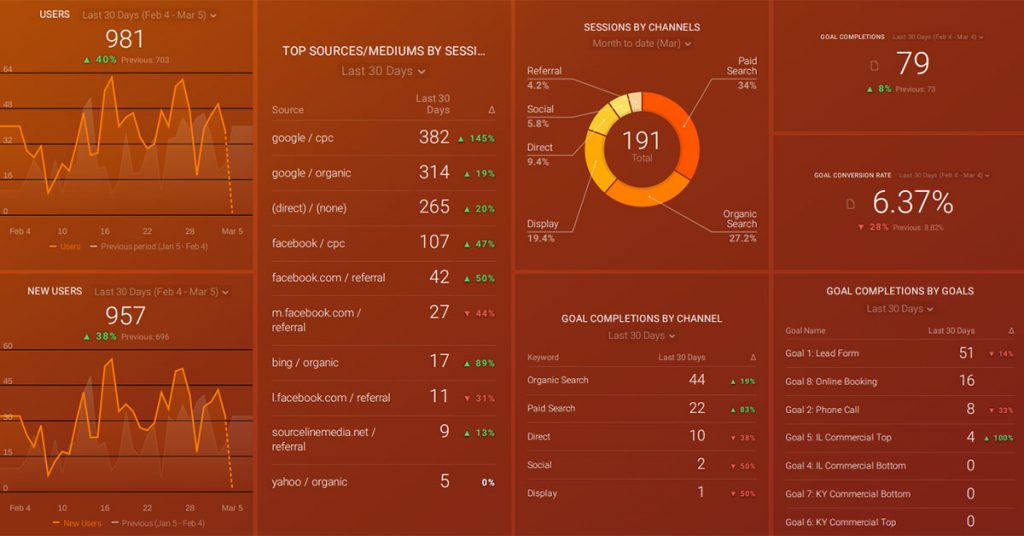In today’s competitive marketplace, businesses need to stay ahead of the curve by implementing effective digital marketing strategies. The importance of digital marketing cannot be underestimated, as it offers a wide range of benefits such as increasing brand visibility, driving traffic to your website, generating leads and ultimately, improving sales. In this article, we will discuss the top 10 digital marketing strategies that will help you boost your business in the increasingly crowded online environment.
Table of Contents
Search Engine Optimization (SEO)
SEO is the practice of optimizing your website to rank higher in search engine results pages (SERPs). This is one of the most effective strategies for driving organic traffic to your website, as it helps users find your content when they search for relevant keywords. There are various aspects to SEO, including on-page SEO, off-page SEO, and technical SEO.
On-Page SEO
This involves optimizing individual pages on your website for specific keywords. You should focus on integrating keywords into your content naturally, using header tags (from h1 to h6), meta descriptions, and alt tags for images.
Off-Page SEO
Off-page SEO focuses on building backlinks from other websites to improve your site’s credibility and authority. High-quality backlinks from reputable websites will help improve your search engine rankings. Some popular methods for acquiring backlinks include guest blogging and content syndication.
Technical SEO
Technical SEO refers to optimizing your website’s code and structure to make it more accessible and understandable for search engine crawlers. This includes improving site speed, ensuring mobile-friendliness, and implementing proper Schema.org markup to provide additional context for search engines.
Paid Advertising
Paid advertising, or pay-per-click (PPC) advertising, involves running ads on platforms such as Google AdWords or Facebook Ads to directly target potential customers. You can display these ads on search results, within content platforms, or on social media feeds. Some benefits of paid advertising include:
- Targeting specific demographics and interests
- Fast results and instant traffic
- Easy measurement of campaign success
Content Marketing
Content marketing is the strategic creation and distribution of valuable and relevant content. The goal is to attract and engage your target audience to ultimately drive conversions. Common forms of content marketing include:
- Blog posts
- Ebooks
- Infographics
- Podcasts
- Videos
- Webinars
To create a successful content marketing strategy, it is essential to plan, create, distribute, and measure your content consistently.
Social Media Marketing
Social media marketing involves promoting your content and engaging with your target audience on social media platforms like Facebook, Instagram, Twitter, LinkedIn, and Pinterest. Social media marketing can:
- Increase brand exposure and awareness
- Drive targeted traffic to your website
- Boost customer engagement and loyalty
To effectively use this digital marketing strategy, determine which platforms are most relevant for your audience and share high-quality content regularly while engaging with your followers.
Email Marketing
Email marketing is one of the primary digital marketing strategies. You are sending targeted email campaigns to your subscribers to communicate with them, promote your products or services, and nurture leads into customers. Certainly people don’t open their email as much as they used to but it is still an amazing way to earn business. Email marketing is cost-effective, has a high return on investment (ROI), and allows you to communicate directly with your audience.
How to Create an Effective Email Campaign
- Build and segment your email list
- Choose an email service provider (ESP)
- Create personalized and appealing content
- Test and optimize your campaigns
- Analyze your results and adjust accordingly
Influencer Marketing
Influencer marketing involves partnering with influencers—people with a large and engaged online following—to promote your products or services to their audience. Influencer marketing can help:
- Increase brand awareness
- Reach new customers
- Boost credibility and trust
To successfully work with influencers, identify individuals who align with your brand values and have an audience that matches your target demographic.
Affiliate Marketing
Affiliate marketing is one of those digital marketing strategies that may not be perfect for every small business, but it can be something that produces side income. We have a few sites with affiliate links that produce significant revenue, as they provide a service that is useful that we do not provide. Affiliate marketing is the process of partnering with affiliates, who promote your products or services in exchange for a commission on each sale or conversion. This performance-based marketing approach can:
- Drive targeted traffic to your website
- Increase sales
- Boost brand visibility
To implement a successful affiliate marketing program, choose an affiliate network or platform, create attractive promotional materials, and carefully select your affiliates.
Video Marketing
Video marketing involves using videos to promote and market your products or services, engage with your audience, and provide valuable content. Popular video marketing platforms include:
- YouTube
- Vimeo
- TikTok
Creating high-quality video content that is informative, entertaining, and engaging is crucial to the success of your video marketing efforts.
Webinars and Live Events
Webinars and live events are excellent digital marketing strategies that allow you to interact with your audience in real-time, share valuable information, and showcase your expertise. They can help you:
- Generate leads
- Establish thought leadership
- Build relationships with your audience
To create a successful webinar or live event, select an interesting and relevant topic, invite knowledgeable speakers, and promote the event to your audience and on social media.
Digital Marketing Strategies & Analytics
Monitoring the performance of your digital marketing campaigns is essential for understanding what works and what doesn’t. By analyzing your analytics and tracking metrics, you can:
- Identify areas of improvement
- Optimize your campaigns for better results
- Make data-driven decisions
Popular analytics tools include Google Analytics, Facebook Insights, and various email marketing analytics provided by your email service provider.
Deploying these digital marketing strategies will help you boost your business by increasing brand visibility, driving traffic, and generating valuable leads. As you plan and execute these strategies, always remember to measure and analyze your results to optimize your campaigns for continued online success.




